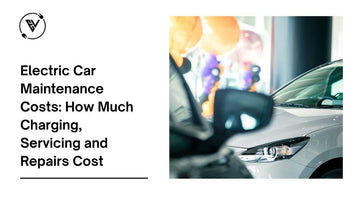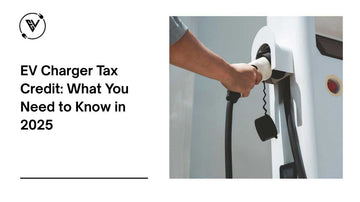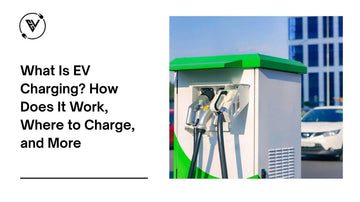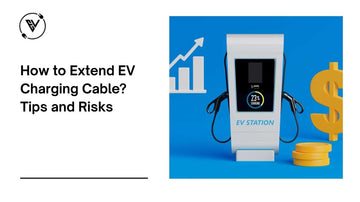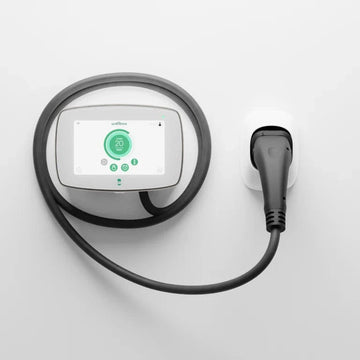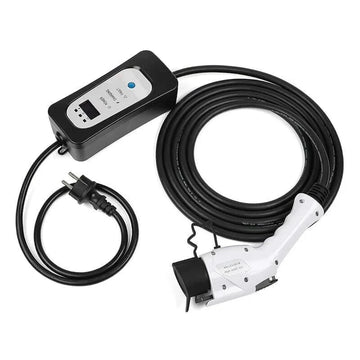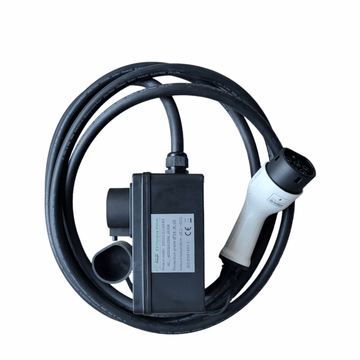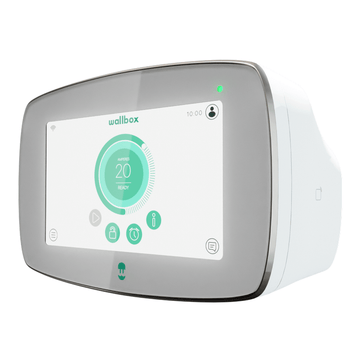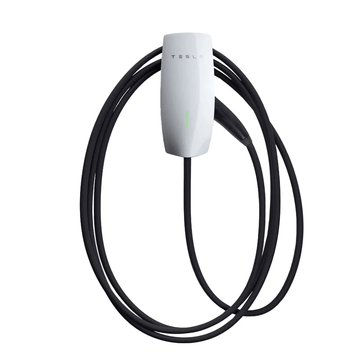Electric car maintenance costs refer to all the expenses required to keep an electric vehicle (EV) running properly, including regular maintenance like tyre changes, brake servicing, software updates, battery health checks, and other wear-and-tear repairs.
It also covers the cost of charging the vehicle and potential part replacements. While electric vehicles have fewer moving parts than internal combustion engine vehicles, they still require professional attention over time.
Electric car maintenance costs are generally cheaper than those for petrol and diesel cars. On average, an EV owner might spend around $900 or 820€ per year on maintenance. In comparison, maintaining a traditional petrol or diesel car can cost about $1,200 or 1,100€ annually. This difference is largely due to the simpler mechanical structure of EVs—there’s no engine oil, spark plugs, or exhaust system repairs, and electric motors need less maintenance overall.

What Goes Into EV Maintenance Costs?
Several factors contribute to the total electric car maintenance costs. While EVs don’t require oil changes, they still need care in areas like:
- Brake servicing: Thanks to regenerative braking systems, EVs experience reduced wear on brake pads and discs.
- Tyre maintenance: EV tyres often wear out faster because of heavier battery packs. Tyre prices can range between $120 and $200, or 110–180€ per tyre.
- Wiper blades and screen wash top-ups are needed as usual.
- Battery and software checks: Although many updates happen over the air, diagnostics and battery care sometimes require visits to a service centre.
- Cooling systems: Some EVs use liquid cooling for the battery, which needs regular maintenance.
These costs remain lower than for internal combustion engine cars, which need regular maintenance of more complex parts like timing belts, clutches, and transmissions.
How Much Does Routine Charging of an EV Cost?
Charging is one of the main costs for EV drivers.
Charging at Home
Charging your car at home is usually the most economical option. In general, home electricity rates in the UK and Europe cost around $0.20 or 0.18€ per kWh. A full charge for an average 60kWh EV battery at home comes to about $12 or 11€.
For faster charging, many people install home wall chargers. Devices lik e22kW home chargers offer quicker refueling at home and are compatible with many newer electric cars. If you own a Tesla, Tesla charging cables ensure seamless home charging.
Public Charging
Public charging is usually more expensive, especially if using rapid chargers. Prices can reach up to $0.50 or 0.46€ per kWh. That means a full charge may cost around $30 or 27€, though some public chargers offer lower rates for members or overnight usage.
Types of Cables
The type of cable you use matters too. Options like type 1 charging cable, type 2 charging cable, or type 1 to type 2 charging cables are essential depending on your EV's plug type. If you're switching between vehicles, a type 1 to type 2 adapters can be helpful.
You can find more details in guides like how to install an EV charger at home or check the cost to install an EV charger at home to better understand your setup options.

How Much Does Servicing and Maintenance Cost?
Electric car service cost is lower because there are fewer parts to check and replace. On average an EV service will cost around $200 or 180€, compared to $400–$600 or 360–550€ for petrol and diesel cars.
Some regular service intervals for electric vehicles are:
- Brake checks and tyre rotations every 10,000 to 15,000 miles (16,000 to 24,000 km)
- Battery health checks annually
- Cabin air filter replacement every two years
- Coolant system checks (for battery temperature regulation)
Electric cars don’t need spark plugs, oil changes or exhaust system repairs, so regular maintenance cost is lower.
Battery Repair and Replacement Costs
The EV battery is the most expensive part of the car. Although modern EV batteries last 8–15 years, some may need repair or replacement sooner due to battery degradation.
- Repairing battery cells or connectors might cost $1,000–$3,000 or 900–2,700€
- Replacing the whole battery pack can cost $5,000 to $15,000 or 4,500–13,600€ depending on the model and battery size
Most manufacturers provide 8 year or 100,000 miles (160,000 km) battery warranty so these costs won’t affect most EV owners early on.
Is Insurance More Expensive for EVs?
Yes, insurance is higher for electric vehicles, mainly because of the higher purchase price and the need for specialist knowledge during repairs. Average insurance cost for an EV is $1,200 to $1,600 (1,100–1,450€) per year. For comparison, petrol or diesel car insurance is around $1,000 (910€) per year.
But this gap is narrowing as electric vehicles become more common and more insurers offer EV specific plans.
Do EVs Need MOTs and What Do They Cost?
Electric vehicles still need an MOT after 3 years. The MOT ensures your car is safe and roadworthy. It checks things like tyres, brakes, lights and steering – but not emissions, as electric cars produce zero tailpipe emissions.The MOT cost is around $70 (65€) same as petrol and diesel cars. EVs have fewer moving parts and less wear so they tend to pass MOTs more easily.
How Much is VED?
Vehicle Excise Duty (VED) is a yearly tax UK drivers pay to use public roads. Currently electric vehicles are exempt from this tax because of their environmental benefits. But UK car tax changes 2025 will introduce VED for EVs.
From 2025 onwards all EVs will be subject to the same VED rules as petrol and diesel cars. Most electric vehicle owners will pay the standard rate of £180 per year depending on the vehicle’s list price. An additional ‘expensive car supplement’ of £390 per year will also apply to EVs with a list price over £40,000.
Even with these changes electric cars will still be cheaper to tax than many diesel cars with higher emissions.
Hidden Costs of EVs
Electric cars have many benefits, but some hidden costs should be considered:
- EV depreciation: Some models lose value quickly, especially if new models with better battery capacity are released.
- Home charger installation: This can cost between $800 and $1,500 (730–1,370€), depending on the location and electrical system.
- Cable purchases: You might need to buy extra charging cables depending on your car type or public charging station compatibility.
- Tyre wear: Heavier EVs can wear out tyres faster, increasing long term cost.
- Service parts: EV specific components like inverter or controller might need replacement after many miles.
Despite all this, most EV drivers still find electric cars cheaper overall because of reduced service and fewer parts wearing out.

How to Minimize Running Costs
To keep electric car maintenance cost low follow these simple habits:
- Use regenerative braking as much as possible to extend brake life
- Keep tyres inflated correctly to reduce drag and wear
- Charge during off-peak hours if using home electricity with variable tariffs
- Avoid frequent fast charging, which may accelerate battery degradation
- Stick to regular servicing even if not strictly required
- Avoid overloading the vehicle, which can lead to increased tyre and battery wear
Cost of Running an EV vs a Petrol Car: Are Electric Cars Cheaper?
Now the big question: are electric cars cheaper than petrol or diesel cars?
Yes, in most cases they are. Although EVs have higher upfront cost, they have less maintenance, fewer trips to the mechanic and cheaper fuel. Petrol and diesel cars need frequent oil changes, spark plug replacements and combustion engine servicing, electric cars avoid most of that with fewer moving parts and zero tailpipe emissions.
On a yearly basis the total running cost for an electric vehicle – including insurance, charging and maintenance – can be around $1,000-$1,200 (910-1,100€). While a petrol or diesel car can cost $2,000-$2,500 (1,820-2,270€) per year including fuel, insurance and repair costs.


